Registration of Engineers (Victoria) & Why it's Important
The Engineers Registration Bill (Victoria) received Royal Assent on 3 November. This has always been a philosophically challenging matter for engineers. Many believe that it will stifle innovation in a shallow attempt to improve the status of engineers. Certainly, its implementation will be complex if the Queensland model is taken, as an example.
The primary reason for the registration of engineers is to protect the community and employers from unscrupulous and/or incompetent individuals claiming to be engineers.
The immediate purpose is to protect life, critical infrastructure and essential services.
Practically this comes down to ensuring that certain critical decisions must be transparently and diligently made by clearly identified responsible individuals, who recognise the possibility of their own negligence (you can’t always be right) with appropriate professional indemnity insurances, either by themselves or via their employers.
Such individuals include:
- Structural, civil and geotechnical engineers, for footings and structures including houses, high rise buildings, bridges, tunnels, dam design and operation, port and harbour design and the like;
- Mechanical engineers for high-rise lifts, cranes, boilers and pressure vessels, aircraft, road, rail and vehicle certification, high security bio-containment, defence munitions safety, pipelines etc;
- Fire Engineers for fire safe designs (hydraulic calculations, fire resistance, and the like);
- Chemical engineers, for process design particularly, to avoid major environmental contamination, toxic gas clouds, explosions and detonations;
- Electrical engineers, particularly for power station, substation and high voltage operations, and electrical safety generally;
- Mining engineers for underground, open cut and tailings dams’ safety and certification; and
- Aviation engineers for aircraft certification and naval architects for ship certification.
Historically, Engineers Australia has attempted to do this by ensuring, as far as possible, that such engineers have:
- Passed a recognised engineering course;
- Have relevant experience and continuing education; and
- Comply with The Code of Ethics which means at least ensuring that community safety is paramount, practicing within their area of competence, not accepting kick-backs (s/he who pays you is the client), being responsible for their own negligence (appropriate insurances) and giving credit where credit is due.
This 100-year-old view compares favourably with current financial governance being uncovered in the recent Royal Commission into Misconduct in the Banking, Superannuation and Financial Services Industry.
Presently, these requirements only apply to the one third of engineers who choose to be members of Engineers Australia. But registration, supported by a Code of Conduct, should address this deficiency.
As for us at R2A, we are members of Engineers Australia and practice in accord with the Code of Ethics oulined above. But, we also believe practising to these standards is the right thing to do!
